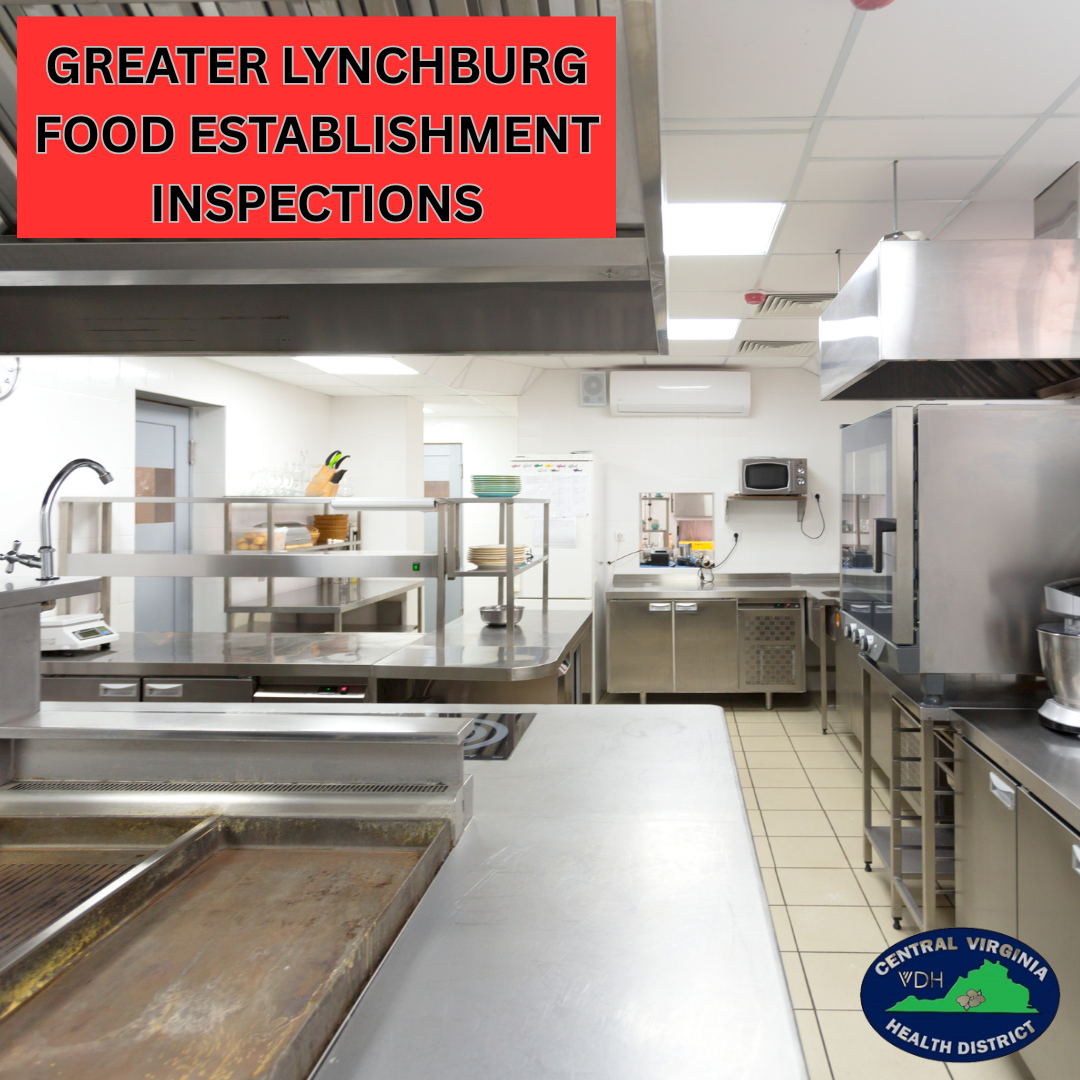This post is for paying subscribers only
Sign up now and upgrade your account to read the post and get access to the full library of posts for paying subscribers only.
This content is FREE and exclusive to our subscribers
Sign up now to gain full access to our entire library of posts and enjoy premium content as a valued subscriber.
Already have an account ? Sign in




Related Posts
Liberty Students Bring Hope to Western North Carolina on Hurricane Rebuild Trip
Oct 20, 2025
Meet Chris England
Sep 29, 2025
Designing Success: Meet Sarah Girten
Aug 18, 2025